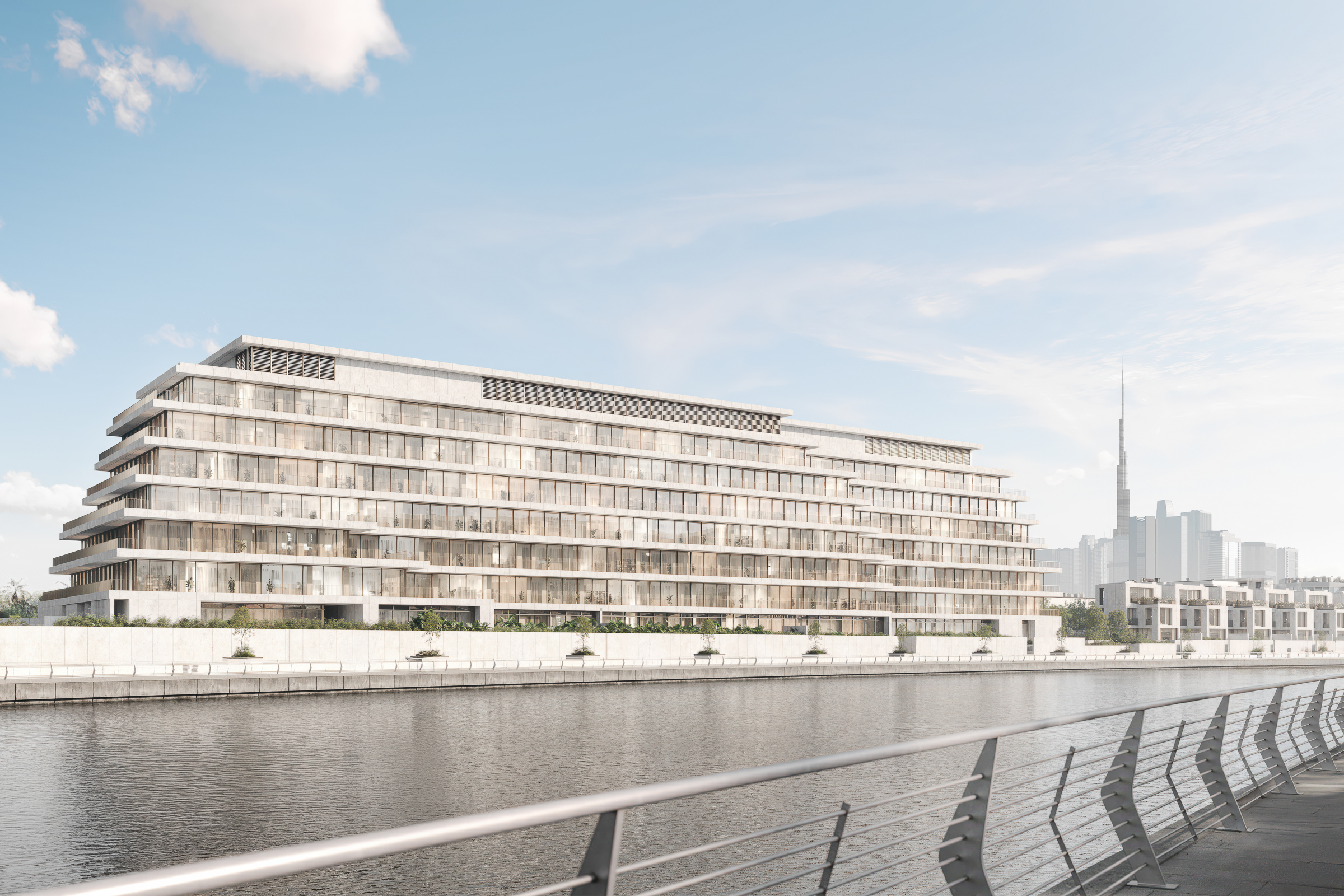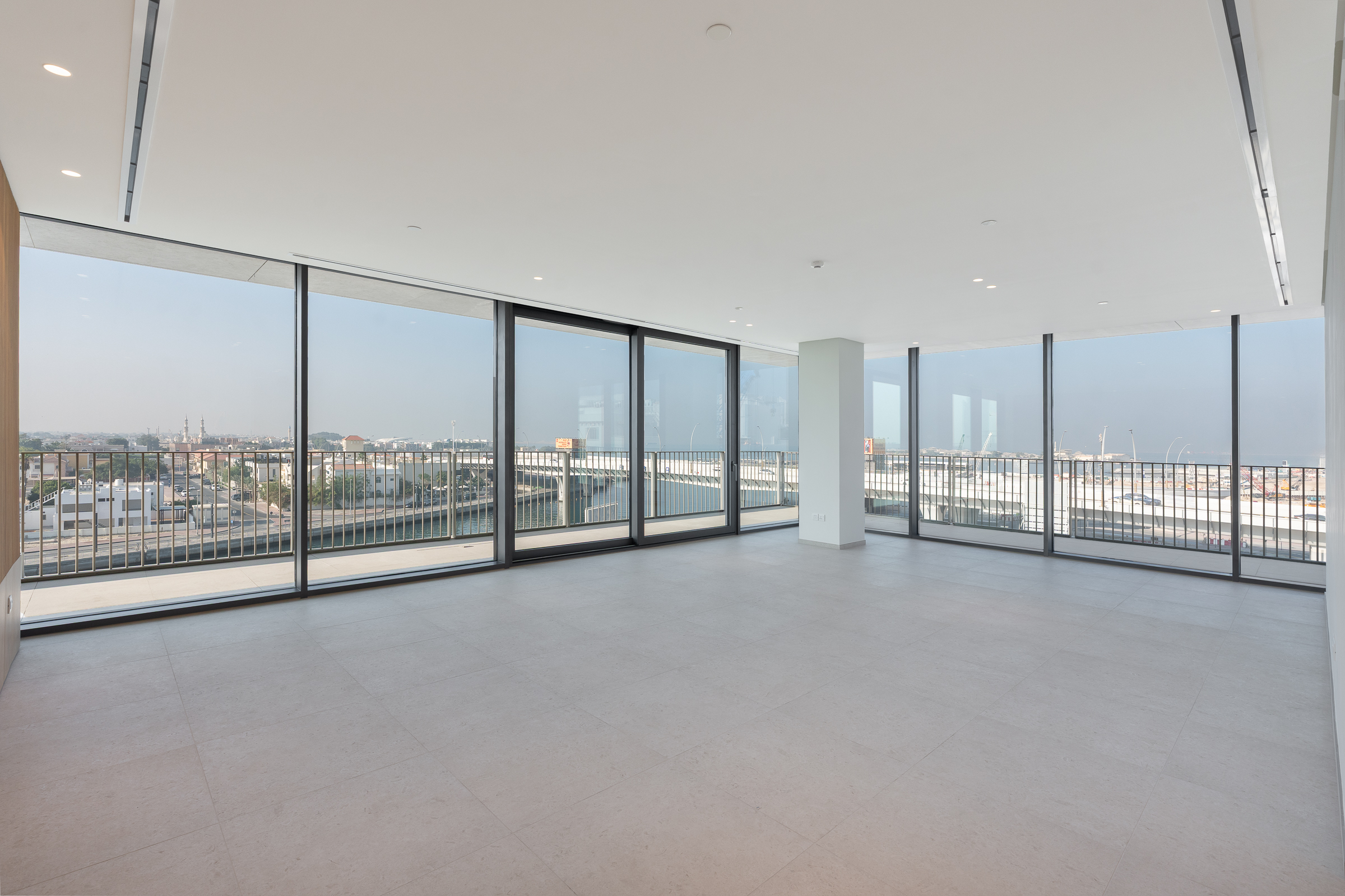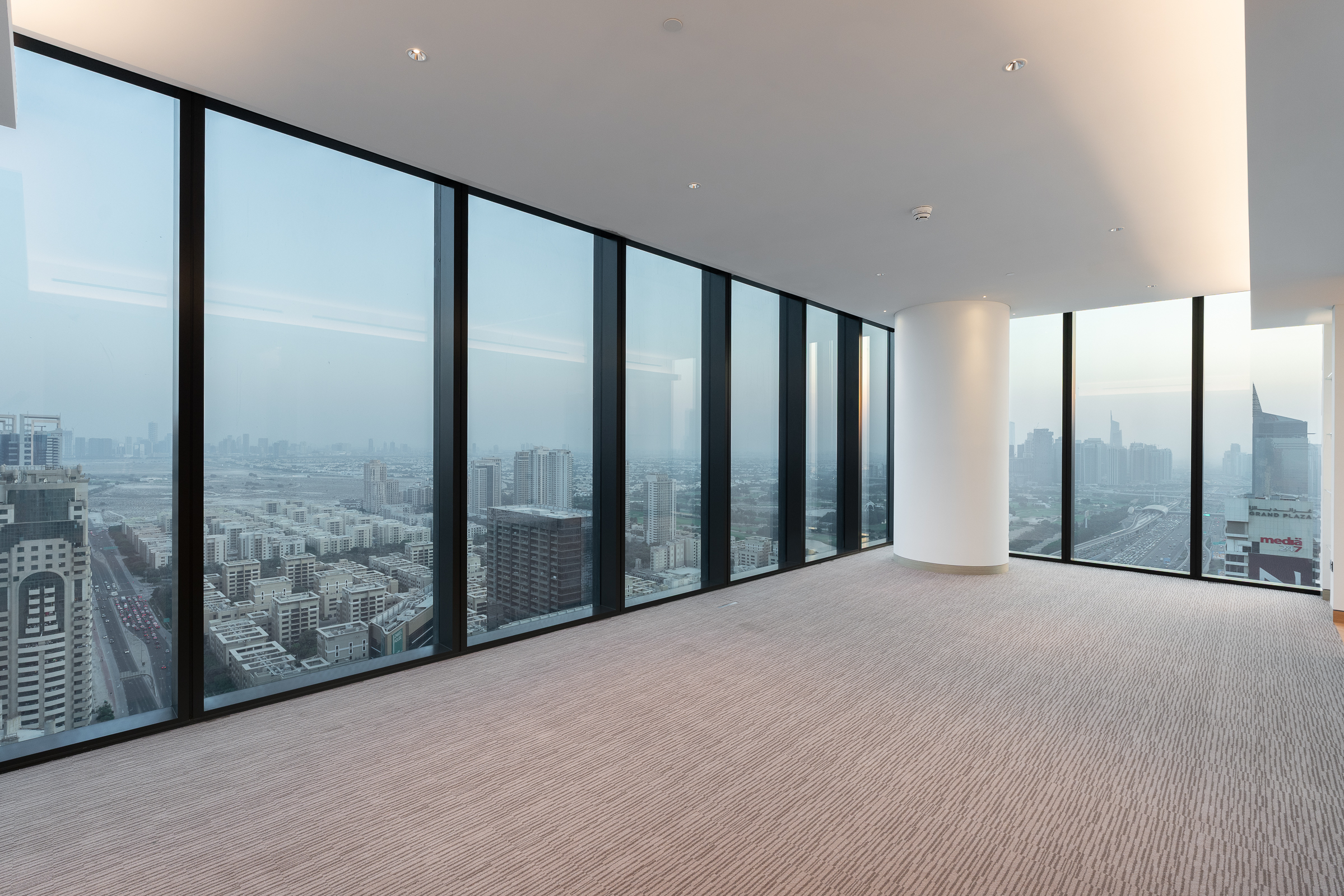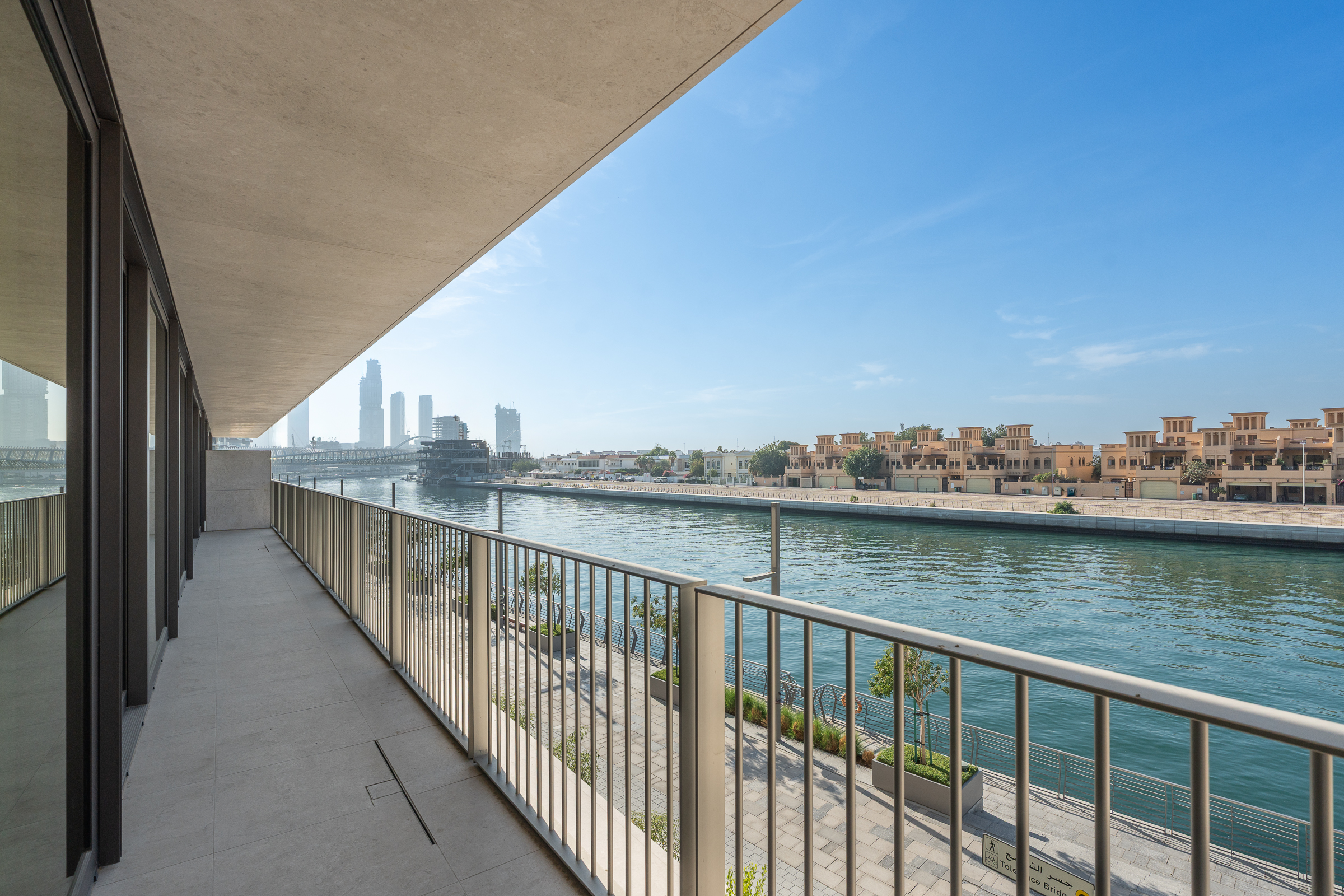An Overview of Service Charges in Dubai
Published: 15 August 2024

When purchasing property in Dubai, buyers need to consider several costs apart from the sales price to ensure a smooth and satisfactory transaction. These include agency fees, fees that need to be paid to the Dubai Land Department (DLD), and costs for setting up utility connections. Buyers also need to be aware of service charges in Dubai, which are annually recurring costs that are crucial to the management of any property. Below, we take a closer look at the role of service charges, how they are calculated, and their broad impact on the real estate market.
What are service charges?
Put simply, service charges are maintenance fees that are paid for regular upkeep and management of any property in Dubai, whether it is residential or commercial. This includes the maintenance of communal facilities such as gymnasiums and swimming pools, building reception areas, landscaping, and essential features like lifts, staircases, and parking areas. These charges also go into the provision of maintenance and security services for the building or the community.
Service charges are calculated on a per square foot basis and the base calculation varies according to the property type. In general, apartments would have higher service charges than villas or townhouses, as apartment buildings tend to have more upkeep involved.
The service charges on a property are paid annually, though it is common practice to divide the payment into quarterly installments.
The Service Charge Index
The Dubai Service Charge Index is part of the regulatory framework established by the Dubai Land Department (DLD) to standardise service charges in residential and commercial properties across the emirate.
The Service Charge Index serves as a reference point for property owners so they know how much they should be paying for their units. The calculation of service charges primarily depends on the following factors:
Location: The community in which the property is located will influence the charges that are associated with it. Properties in more sought-after and popular areas will have higher service charges, as growth in the number of residents may require the use of additional facilities for continued upkeep.
Project Type: Service charges will vary based on the age and type of the building (or in the case of villas, the community) that the property is located in. Many newer projects have higher service charges because of the quality of the amenities offered.
Unit Type: Apartments typically have much higher service charges than villas, as buildings tend to have more shared facilities such as swimming pools, lifts, and parking garages. A unit on a higher floor will also have a higher service charge due to additional utility usage. Holiday homes incur some of the highest service charges as they operate in a similar way to boutique hotels.
Unit Size: Service charges are calculated on a per square foot basis, so larger units will incur more charges. This does mean that the owner of a larger villa or mansion would pay a higher total service charge than a penthouse unit.
Property Classification: Apart from residential units, service charges are also levied on commercial spaces and differ based on the type of unit. Offices, retail units, showrooms, restaurants, and cafes all have different charges that are calculated based on their use and the type of property management that will be involved.
Property Developer: Different developers will have different levels of service charges. For example, Emaar, who have a proven track record of high-quality residential and commercial projects, may set higher service charges for an apartment in the heart of the Downtown district than they would for some of their other projects.
What Else is Included in the Service Charge?
Apart from maintenance, property owners will also need to pay the costs for setting up utility connections with the Dubai Electricity & Water Authority (DEWA), property insurance (where applicable), and community management charges if the property is part of a master community. Only the DEWA charge is levied one time, while the others are recurring.
The Sinking Fund
There is an additional service charge levied by developers, known as the ‘sinking fund’, which is reserved for emergency repairs and maintenance as a result of unforeseen circumstances, such as floods or fire damage. This fund is beneficial in regulating annual service charges and prevents cost fluctuations as a result of exceptional events.
Impact on Property Owners
It is essential for any property buyer to understand the service charges associated with their property, as that will factor into their budget and cost calculations for the year. Especially if they have other financial obligations such as mortgages, owners need to ensure that the service charge gets added to their payment schedule.
Investors need to know the service charges on their property as that will form part of their principal cost and will help them understand the actual return on investment and guide them to set rental rates that are better tuned with the market, thus being more attractive to tenants. In the event of a resale, the condition of the property and the surrounding community will play a key role in determining the sales price.
While a property owner may choose to have individual upgrades and renovations done to their unit, that won’t always help raise the value of their home if a tenant or prospective buyer doesn’t see the building or community as being well-kept. Service charges are essential for that purpose.
What Happens If You Don’t Pay Service Charges?
As previously mentioned, service charges help with regular property upkeep. If these charges are not paid, this will result in maintenance issues. For example, a broken lift may be left in disuse as there aren’t sufficient resources to have it repaired. That, in turn, will have an impact on property values as future buyers and tenants will be deterred from moving there.
In the event of non-payment, the property developer or management company will issue a notice to the property owner asking for payment to be made by a certain deadline. If the service charge remains unpaid, an appeal will be filed with RERA, Dubai’s real estate regulatory body, who will compel the owner to pay. If there aren’t sufficient funds to pay the service charge, the property will be seized by the government and sold at auction.
Future Developments to the Index
As Dubai continues to evolve, the Service Charge Index may undergo further refinements to adapt to changing market conditions and technological advancements. The introduction of new technologies and property management practices could lead to more sophisticated methods of calculating and regulating service charges.
Conclusion
Service charges play a vital role in Dubai’s real estate sector by contributing to the maintenance of properties across the emirates, which helps to bolster property values. The Service Charge Index that has been compiled by the Dubai Land Department is valuable for all property owners so they have a transparent view of the costs involved. The index remains a key component of Dubai's commitment to enhancing the quality and fairness of its real estate environment. As the city grows, further refinements by the DLD will ensure that Dubai remains a leading destination for both living and investment.
The Rings, Jumeirah
- 7
- 6
- 11,302 SQ.FT.
Eden House The Canal, Jumeirah
- 2
- 1
- 962 SQ.FT.
Eden House The Canal, Jumeirah
- 5
- 4
- 3,632 SQ.FT.
The S Tower, Dubai Internet City
- 5
- 4
- 5,062 SQ.FT.
Palm Beach Towers 2, Palm Jumeirah
- 4
- 3
- 2,743 SQ.FT.
Palm Beach Towers 2, Palm Jumeirah
- 3
- 2
- 1,546.31 SQ.FT.
Bulgari Lighthouse, Jumeirah
- 7
- 5
- 11,656 SQ.FT.
Orla Infinity, Palm Jumeirah
- 5
- 4
- 8,360 SQ.FT.
Eden House The Canal, Jumeirah
- 3
- 3
- 2,184 SQ.FT.
One Canal, Al Wasl
- 5
- 4
- 6,660.93 SQ.FT.













